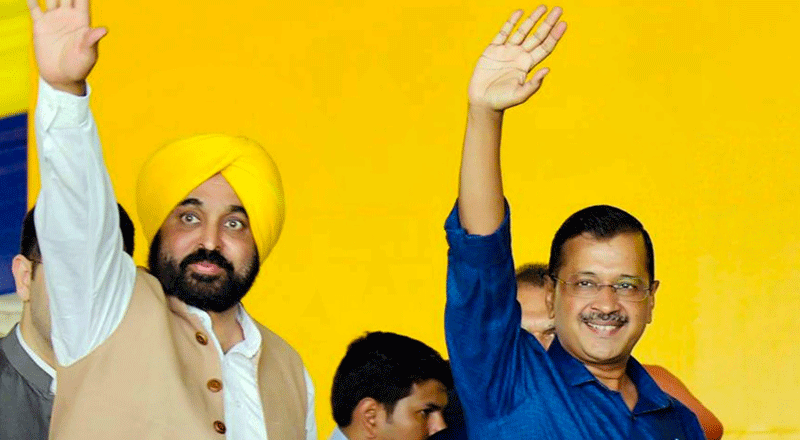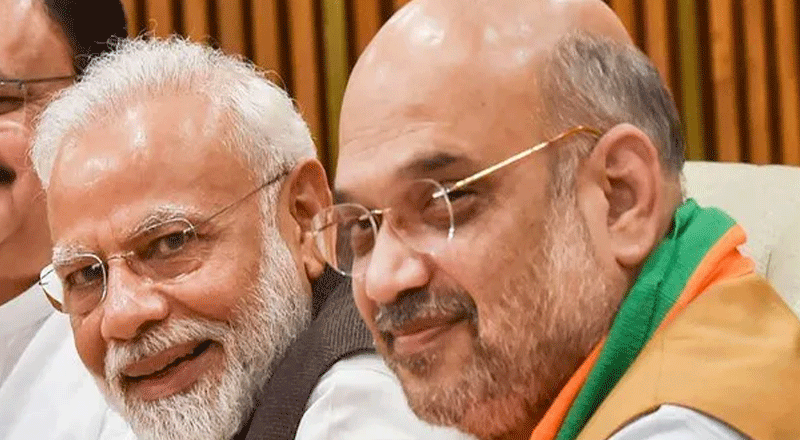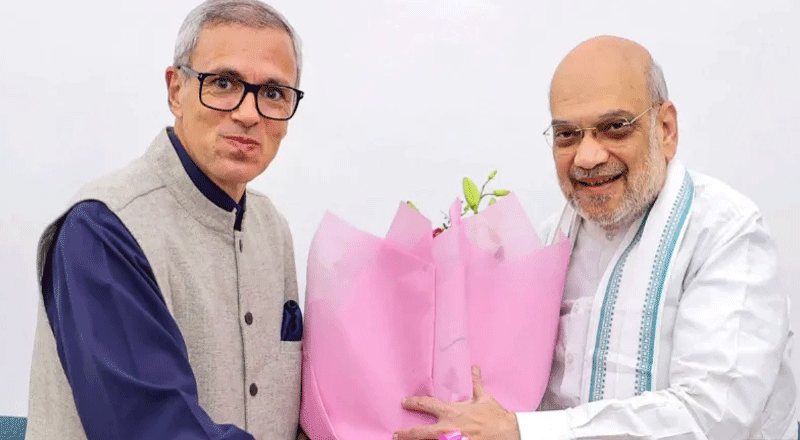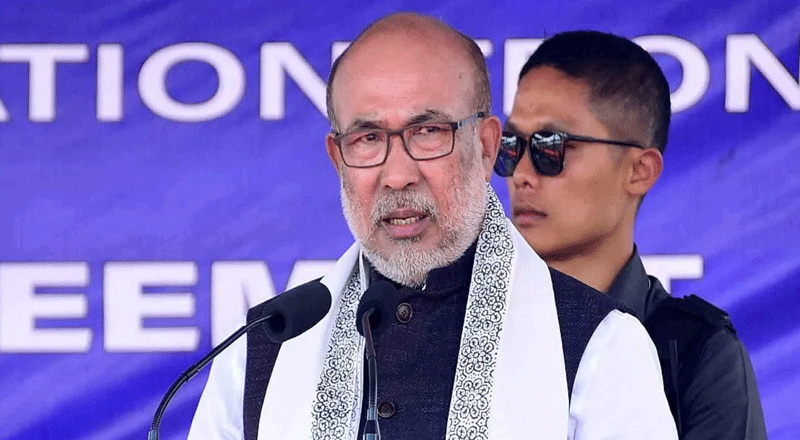AAP’s Rise in Punjab and The Looming Crisis
The Aam Aadmi Party (AAP) stormed into Punjab politics with a historic mandate in the 2022 assembly elections, securing 92 out of 117 seats. This victory was seen as a significant breakthrough, with Punjab becoming the first full-fledged state to be ruled by AAP outside Delhi. However, after a humiliating defeat in the 2024 Delhi Assembly elections, cracks have begun to appear within the party’s Punjab unit. Political adversaries claim that the party is facing a possible split, with Congress leader Partap Singh Bajwa alleging that over 30 AAP MLAs are in contact with his party, willing to switch sides. As AAP grapples with internal discord and mounting external pressure, the future of Punjab Chief Minister Bhagwant Mann hangs in the balance.
AAP’s Delhi Debacle and Its Impact on Punjab
AAP’s shocking defeat in Delhi, where it saw its strength reduced from 62 seats to just 22, has sent ripples across its political landscape. Arvind Kejriwal, once seen as an emerging national leader, has been pushed into crisis management mode. The party’s senior leadership is now focusing on Punjab, its only remaining power center, raising concerns about whether Kejriwal himself might seek a more direct role in Punjab politics. Speculations are rife that he might contest the Ludhiana (West) by-election, a move that could signify his intent to take control of Punjab’s governance and position himself as a viable alternative to Mann.
Growing Dissent Within Punjab AAP
The dissatisfaction within AAP’s Punjab unit has been brewing for some time. With reports of over 30 MLAs allegedly in touch with Congress, the party’s internal rift is becoming more apparent. Opposition leaders, including Congress’ Bajwa and BJP’s Manjinder Singh Sirsa, claim that a leadership battle is imminent, with efforts to replace Mann as Chief Minister gaining traction.
However, Punjab AAP spokesperson Neel Garg has dismissed these claims, insisting that AAP remains united and that Punjab’s opposition parties are merely attempting to destabilize the government. Despite this, the recently announced Punjab MLAs’ meeting with Kejriwal in Delhi has fueled speculation that significant changes may be underway within the party.
Congress and BJP’s Strategy: Weakening AAP Before 2027
Both the Congress and BJP see an opportunity to exploit AAP’s vulnerabilities ahead of the 2027 Punjab Assembly elections. A weakened AAP, possibly split into factions, could allow either party to reassert its influence in the state.
For Congress, reclaiming Punjab is crucial after its devastating defeat in 2022. Bajwa has aggressively attacked AAP, arguing that Delhi’s election results mark the beginning of AAP’s downfall and that Punjab voters have realized the so-called ‘Kattar Imaandar’ (staunchly honest) party was built on deception.
Meanwhile, BJP is making strategic moves, sensing an opportunity to expand its footprint in Punjab. The party has repeatedly accused Mann of failing to deliver on promises, particularly regarding governance, drug control, and economic growth. Subhash Sharma, a senior Punjab BJP leader, has suggested that Kejriwal might even aim to replace Mann as Punjab’s Chief Minister in the near future.
Kejriwal vs. Mann: Is a Leadership Change Inevitable?
The biggest question looming over AAP in Punjab is Bhagwant Mann’s future as Chief Minister.
Mann’s Challenges: Critics argue that Mann has failed to maintain control over Punjab’s political landscape. His government has been accused of failing to tackle key issues, including the promised Rs 1000 monthly stipend for women and Punjab’s worsening drug crisis. Some AAP insiders believe that his leadership lacks the dynamism needed to keep the party’s electoral base intact.
Kejriwal’s Possible Entry: If Kejriwal contests the Ludhiana (West) by-election, it could indicate an attempt to assume direct control over Punjab’s governance. This move, however, carries risks—if he loses, it would further damage his credibility and that of AAP in Punjab.
A Split in the Party? If internal discord continues, AAP could see defections, similar to what happened with Shiromani Akali Dal (SAD) and Congress in the past. A divided AAP would benefit both Congress and BJP in the long run, paving the way for a multi-cornered contest in the 2027 elections.
Future of AAP in Punjab: Challenges and Survival Strategy
The coming months will be crucial in determining whether AAP can retain its grip on Punjab or succumb to internal strife and external pressures.
Key Factors That Will Shape AAP’s Future:
Punjab Governance Performance: The party must deliver on its promises, especially in sectors like education, health, and employment, to maintain voter trust.
Internal Unity: If AAP cannot resolve internal leadership disputes, defections could weaken the party significantly.
Kejriwal’s Role: Whether Kejriwal directly involves himself in Punjab politics or lets Mann continue will have a major impact.
Opposition Strategies: Congress and BJP will continue attempts to destabilize AAP before 2027.
Will AAP Weather the Storm?
AAP’s hold over Punjab is under serious threat. The Delhi defeat has not only dented Kejriwal’s national ambitions but also raised concerns about the party’s ability to sustain itself in Punjab. The potential defection of MLAs, rumors of Kejriwal contesting in Punjab, and internal leadership struggles all point to a period of intense political turbulence.
If AAP can restructure its leadership, resolve internal conflicts, and focus on delivering governance, it may still emerge strong in 2027. However, if the internal rifts widen and opposition strategies succeed, Punjab could once again see a shifting political landscape, with Congress and BJP poised to make a comeback. The next few months will be crucial in determining whether AAP remains the dominant force in Punjab or becomes another victim of internal political disintegration.
(With inputs from agencies)





